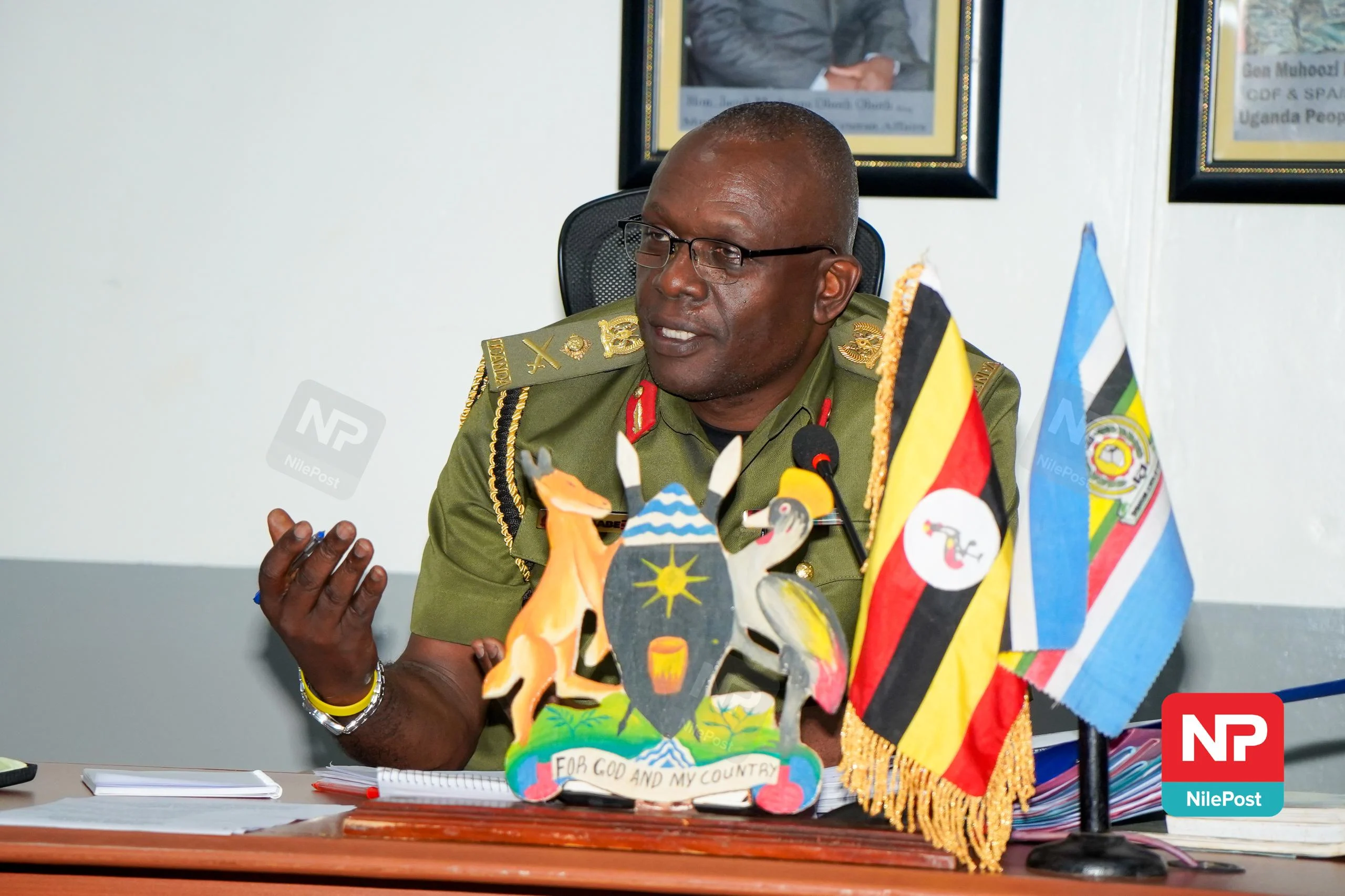Controversial Military Bill Sparks Fears of Civilian Trials

A contentious 143-page bill, the UPDF (Amendment) Bill, 2025, is set to be tabled in the Ugandan parliament today by Minister of Defence and Veteran Affairs, Jacob Oboth Oboth, triggering a wave of concern over potential civilian trials in military courts.
The bill, a sweeping overhaul of the existing UPDF Act, has drawn sharp criticism from human rights lawyers and legal experts who argue it undermines the Supreme Court’s directives on the matter.
At the heart of the controversy is Clause 30, which introduces Section 117A, expanding the scope of individuals subject to military law.
While the bill cites "exceptional circumstances" as the legal basis for civilian trials, it notably fails to define what constitutes such circumstances, leaving room for broad interpretation.
"The question that arises is what is exceptional about the circumstances described above to bring one within the jurisdiction of military law? Save for military equipment, the rest seems pretty ordinary to warrant them to be termed exceptional circumstances," stated Nicholas Opiyo, a human rights lawyer.
The bill lists several categories of individuals who could fall under military jurisdiction, including:
Anyone accompanying a military unit in active service, encompassing spouses, children, and household members.
Individuals serving the army under agreements, a term left undefined, potentially including contractors and service providers.
Persons in unlawful possession of military equipment or ammunition, a list that controversially includes items like licensed firearms and ammonium nitrate.
Persons possessing or wearing UPDF uniforms, or possessing classified stores, arms, or equipment.
Those who aid or abet individuals subject to military law in crimes such as murder, aggravated robbery, treason, and cattle rustling.
Persons serving in a force outside Uganda.
The controversial inclusion of certain clothing items like Kaunda suits in specific colors, that are now defined as a preserve of the armed forces.
Opiyo criticized the bill, saying, "Essentially, it restated what was in the old law and imported what was in the regulations into the Act. It does not seem like compliance by any stretch of imagination, rather a clever attempt at disguising its disregard of the Supreme Court directives and orders."
In response to Opiyo's concerns, Enoch Barata, legal director of the ruling NRM party, acknowledged the disagreement but praised Opiyo's objectivity.
"Thank you, Nicholas Opiyo, for the highlights. While I disagree with your conclusion, I certainly appreciate that you are reading and looking at the Bill with a good degree of objectivity. I hope we can debate these amendments in the same spirit when they are presented in Parliament," Barata tweeted.
Barata argued that the bill introduces a "completely new law" with "a much higher and fairer standard" for military justice, particularly regarding the composition and appointment of courts martial, which he claims aligns with the Supreme Court ruling.
However, Opiyo remained skeptical, expressing concerns about the timing of the bill and the potential influence of compromised MPs.
"I am not sure about the spirit of the bill being introduced at this time and without complying with the other orders of the courts. I am also not sure the MPs widely seen as compromised by unusual payments prior to the introduction of the bill will be any objective in their assessment," Opiyo stated.
The debate has now shifted to the parliament floor, where the bill's fate will be decided. The outcome could have significant implications for civilian rights and the administration of justice in Uganda.



0 Comments